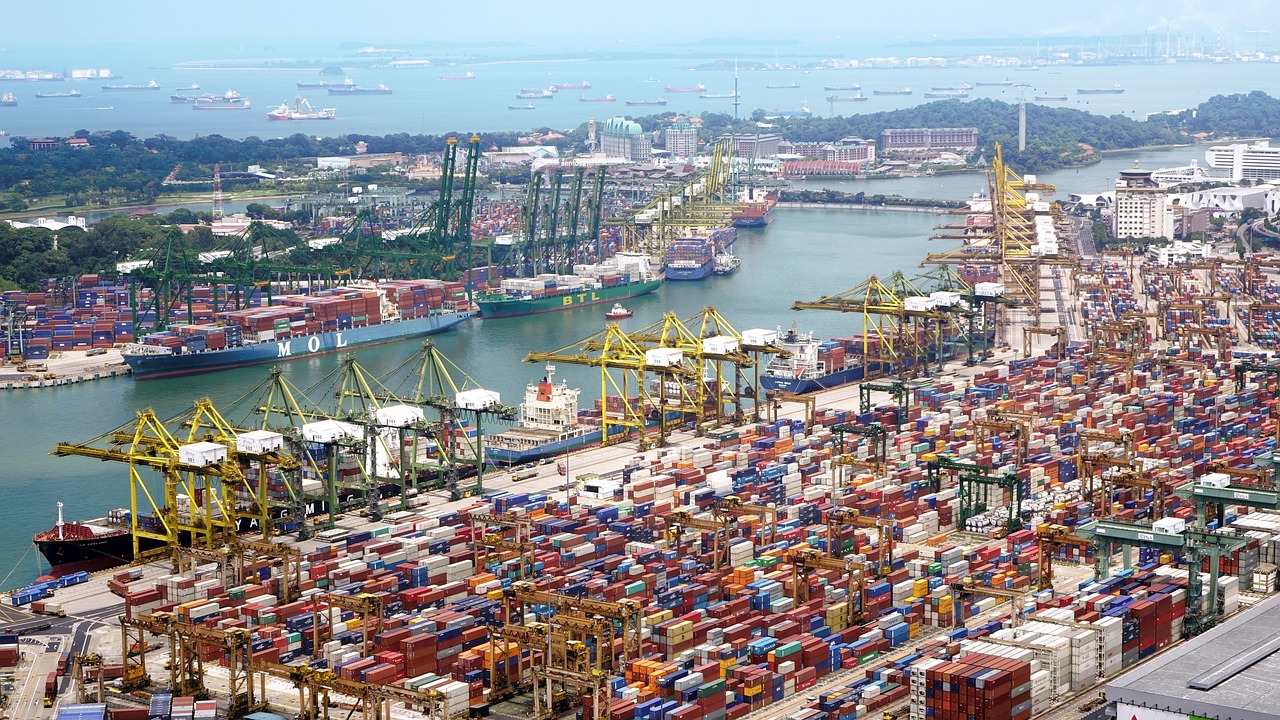
Bangladesh, known for its robust textile and garment industry, has been steadily expanding its export markets beyond traditional destinations in North America and Europe. One of the emerging markets is Africa, where trade relations have been progressively developing. This blog post delves into the Bangladeshi government’s initiatives, trade associations, and statistical insights to illustrate the promising trade relationship between Bangladesh and Africa.
Government Initiatives
The Bangladeshi government has launched several initiatives to enhance trade relations with African nations. Key among these are:
- African Investment Initiative (AII): Launched in 2018, AII aims to attract Bangladeshi investments in African markets. This initiative focuses on sectors like textiles, pharmaceuticals, and IT services.
- Africa-Bangladesh Trade and Investment Forum (ABTIF): Established in 2019, ABTIF serves as a platform for business leaders from both regions to explore trade opportunities and form strategic partnerships.
- Export Policy 2021-2024: This policy includes incentives such as tax breaks, easier financing, and export subsidies specifically designed to encourage exports to non-traditional markets, including Africa.
Trade Associations
Several trade associations play a crucial role in facilitating exports to Africa:
- Bangladesh Garment Manufacturers and Exporters Association (BGMEA): Actively promoting Bangladeshi garments in African markets.
- Bangladesh Textile Mills Association (BTMA): Engages in initiatives to export raw materials and finished textile products to Africa.
- Dhaka Chamber of Commerce & Industry (DCCI): Organizes trade missions and fairs in African countries to boost bilateral trade.
- Bangladesh Association of Software and Information Services (BASIS): Fosters IT and software exports to African nations.
Export Statistics
To provide a comprehensive view of the export landscape, let’s look at some key statistics and trends.
Table: Bangladeshi Exports to Africa (2018-2023)
| Year | Total Exports (USD Million) | Major Products | Key African Markets |
|---|---|---|---|
| 2018 | 450 | Garments, Pharmaceuticals | South Africa, Nigeria, Kenya |
| 2019 | 500 | Garments, Leather Products | South Africa, Egypt, Ghana |
| 2020 | 550 | Textiles, Jute Products | South Africa, Kenya, Tanzania |
| 2021 | 600 | Garments, Frozen Fish | Nigeria, South Africa, Egypt |
| 2022 | 700 | Pharmaceuticals, IT Services | Ghana, Kenya, South Africa |
| 2023 | 800 | Garments, Agro-products | South Africa, Nigeria, Tanzania |
Chart: Year-on-Year Growth of Exports to Africa
Year | Exports (USD Million)
--------------------------------
2018 | 450
2019 | 500
2020 | 550
2021 | 600
2022 | 700
2023 | 800Chart shows a steady increase in exports, indicating a positive growth trend.
Key Products Exported
- Garments: The backbone of Bangladeshi exports, contributing significantly to trade with African countries.
- Pharmaceuticals: Increasing demand for Bangladeshi pharmaceuticals due to their affordability and quality.
- IT Services: Growing recognition of Bangladeshi IT expertise in African markets.
- Agro-products: Export of agricultural products like jute and frozen fish is on the rise.
Future Prospects
The future of Bangladeshi exports to Africa looks promising. With continuous government support, robust trade associations, and increasing bilateral trade activities, Bangladesh is well-positioned to strengthen its foothold in the African market. Upcoming trade agreements and continued focus on diversification of export products will further bolster this growth.
In conclusion, Bangladesh’s strategic initiatives and proactive trade policies are paving the way for a fruitful trade relationship with Africa. By capitalizing on emerging opportunities and fostering strong bilateral ties, Bangladesh can ensure sustainable growth in its exports to this vibrant continent.
Frequently Asked Questions (FAQs)
Q1. What are Bangladesh’s main exports to Africa?
Bangladesh mainly exports garments, pharmaceuticals, IT services, and agro-products to African countries, with growing demand in South Africa, Nigeria, and Kenya.
Q2. How is the Bangladeshi government supporting exports to Africa?
The government supports exports through initiatives like the African Investment Initiative, ABTIF, and the Export Policy 2021–2024, offering incentives for non-traditional markets.
Q3. Which organizations help expand Bangladesh-Africa trade?
The Africa Bangladesh Business Forum (ABBF) plays a key role by connecting businesses, organizing trade events, and offering strategic support. Alongside ABBF, trade associations like BGMEA, BTMA, DCCI, and BASIS also promote Bangladeshi products and services in African markets through fairs, missions, and partnerships.
Q4. What is ABBF’s role in Bangladesh-Africa trade?
The Africa Bangladesh Business Forum (ABBF) facilitates trade by connecting exporters with African partners, organizing trade events, and offering consultancy to reduce trade gaps.
Q5. What is the outlook for Bangladesh’s exports to Africa?
Exports to Africa have steadily grown, reaching USD 800 million in 2023. With ABBF’s support and government backing, this upward trend is expected to continue.

